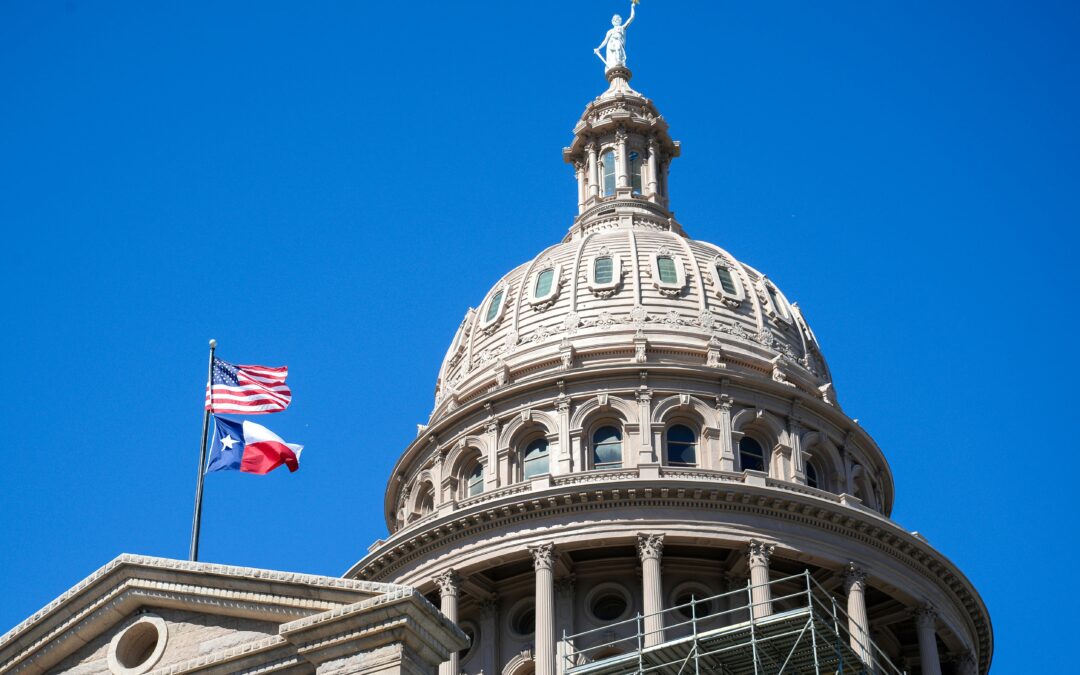Legislation to ban taxpayer-funded lobbying is again gaining momentum in the Texas Senate as the Special Session in Austin gets underway. Senate Bill 12 by state Sen. Mayes Middleton, R-River Oaks, was approved unanimously by the Senate State Affairs Committee and is expected to pass the full Senate in the coming days.
The push to end the practice has been a long-standing legislative priority of Republican leadership. Despite support among primary voters, the measure has repeatedly stalled in the Texas House, often due to opposition from local government officials. Bill supporters argue that the practice allows local governments to use public funds to advocate against the interests of taxpayers and elected legislators.
Public officials, however, argue that they do not have the resources to monitor and consider the legal and budgetary ramifications that attach to all bills introduced during a legislative session. Those public officials, many of them also elected, say that the legislative advisors, or lobbyists, are able to handle oversight responsibilities at a less expensive cost than would be required to bring that important work in-house. They also point out that local public officials would not be as knowledgeable about the legal ramifications of proposed bills or the nuances of legislative processes and procedures.
Similar legislation passed the Senate in previous sessions, including earlier this year. However, that version was amended on the Senate floor to carve out exemptions for groups such as the Texas Association of School Boards. Middleton’s latest version restores many of the proposed restrictions and provides some exceptions for associations representing individual officers, sheriffs and other law enforcement personnel. Notably, water districts and other associations were not listed as exempt from the proposed new law.
James Quintero of the Texas Public Policy Foundation testified in favor of the measure. But not everyone supports the proposed new law. Luis Figueroa with the Every Texan Association testified against the bill, warning it could hinder local governments—especially rural and border communities like El Paso—from having a voice in Austin.
This bill represents a shift in lobbying policy that readers will want to watch carefully and perhaps weigh in on during the session.
Photo by Andrew Patrick Photo from Pexels

